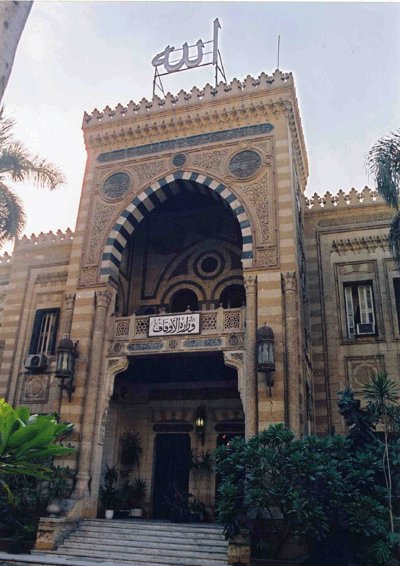JERUSALEM: Jerusalem’s mayor has voiced support for a scheme that could see responsibility for areas in the city’s eastern Arab sector transferred to the Israeli body which runs civil affairs in the West Bank.
The scheme, one of a number of options being considered, would affect areas of the city that are on the other side of Israel’s controversial security barrier, but which technically remain within the municipal boundaries of the Holy City.
The barrier does not follow the municipal boundaries of the city and several Arab neighborhoods of east Jerusalem fall on the other side of the wall, creating a logistical problem in service provision.
In a statement sent to AFP earlier this week, the city council said Mayor Nir Barkat’s aim was to find a way to streamline the provision of services to neighborhoods both inside and outside the wall.
"The mayor is examining different alternatives for dealing with the difficulties emanating from the lack of compatibility between the security barrier and the municipal borders of Jerusalem in regard to services provided to residents," a municipality statement said.
Israel refers to all of Jerusalem as its "eternal and undivided capital," even the Arab eastern sector which it occupied during the 1967 Six Day War and later annexed, and any talk of re-dividing the city is completely taboo.
But the municipality insisted the scheme "does not include changing the borders or the municipal territory of Jerusalem," and said Barkat "rejects outright" anything which would encroach on the unity of the city.
"The rationale behind the plan is a technical swap of responsibility between the city and the Civil Administration in order to provide services to residents on both sides of the barrier," it said, referring to the body which carries out practical bureaucratic functions in the Palestinian territories.
Barkat has consistently vowed he would never divide the city, so his support for such a scheme would indicate a new understanding about the importance of flexibility in managing the city’s needs in light of the de facto limits defined by the barrier.
Barkat first raised the issue of ‘outsourcing’ the areas beyond the barrier in a speech last month.
"We must relinquish areas of the municipality that are located outside of the fence," the English-language Jerusalem Post quoted him as saying.
"I recommend… relinquishing parts of the municipality that are on the other side of the fence and annexing the areas confined on the Israeli side that are not under the responsibility of the municipality."
Since the barrier went up, the handful of Arab neighborhoods which found themselves on the eastern side have been increasingly cut off from basic services such as rubbish collection, health services, policing and even veterinary services.
"There are Jerusalem municipal territories beyond the barrier where there is a security problem in providing services to residents, and on the other hand, there are territories within the barrier that are not within the municipal responsibility of the city," the municipal statement admitted.
Although the municipality is supposed to provide these services and others, in practice, city officials are barred from venturing across the barrier without police or army protection.
Palestinian residents of Kufr Akab, Dahiyat Al-Salaam, Ras Khamees and Shuafat refugee camp are all affected, despite holding the coveted blue Jerusalem ID cards which allows them to travel freely in Israel and the West Bank.
Even though these districts fall on the West Bank side of the barrier, the Palestinian Authority is barred from operating there because it is classified as Jerusalem — and therefore off limits, turning the neighborhoods into pockets of lawlessness.
A municipal spokesman refused to be drawn on whether the scheme would involve the residents losing their blue Jerusalem ID.
The scheme would see the Civil Administration taking responsibility for providing services there.
In exchange, the city council would take responsibility for areas on the Israeli side of the barrier which do not currently fall within its boundaries, such as the West Bank settlement of Har Homa, which borders on Bethlehem.
There are some 270,000 Palestinians living in east Jerusalem which they want as the capital of their promised state.

